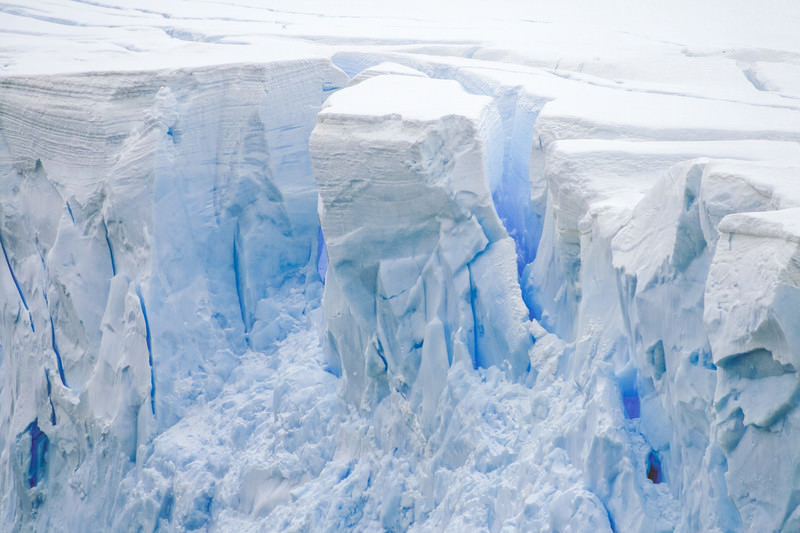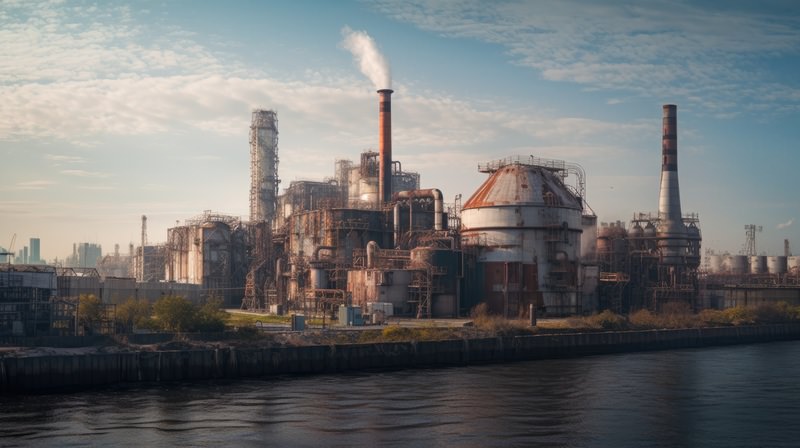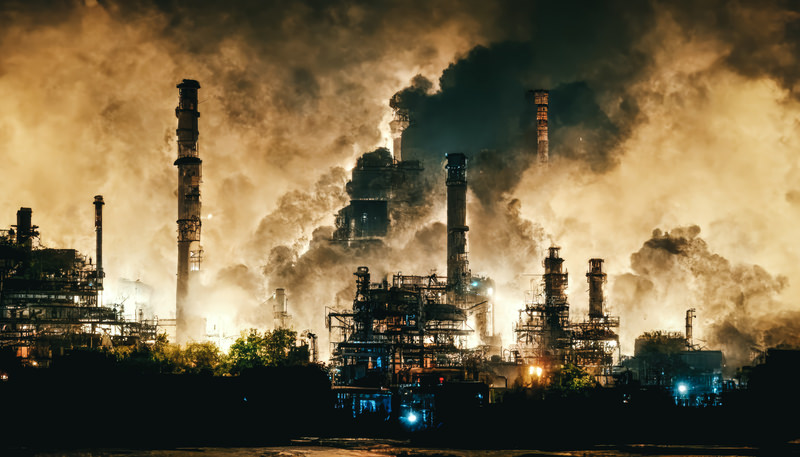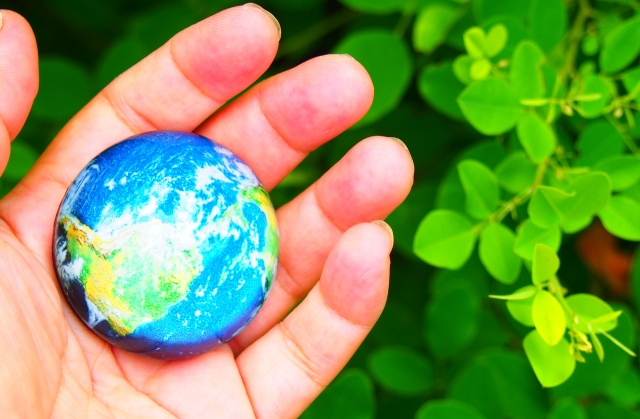
Blog
Surprising Facts About Climate Change You Need to Know

How much do you know about climate climate change? Pollution? Deforestation? Drought? Yes, we have learned about them in our school. Everyone has heard about how dangerous the planet is becoming due to climate change. It’s common knowledge. But do you really understand it? You learned about climate change, but was that like 5years ago? 10years ago? Or even longer? We need to realize how serious it is now. It’s time to face reality.
Now, let’s look at the results of climate change. We know that climate change is one of the biggest problems humanity is facing right now. However, we only know or see the superficial part of the issue. Therefore, I would like to introduce it in more detail.

Economical Damage
First, let’s consider the economic impact. According to data from the Emergency Event Database (EM-DAT), Africa reported over US$ 8.5 billion in economic damages. 80 meteorological, hydrological and climate-related hazards were reported in 2022; of these 56% were flood-related events. These natural hazard events resulted in approximately 5,000 fatalities, with 48% attributed to drought and 43% to flooding. Overall, more than 110 million people were directly affected by these disasters, causing total economic damages of over US$ 8.5 billion.
In addition, the working environment is an important economic factor. Specifically, labor productivity can be affected by climate change. As global warming continues beyond 2030, rising temperatures are expected to further reduce labor productivity. According to the ILO (International labor organization), by 2030, 2.2 % of total working hours worldwide will be lost due to high temperatures – a productivity loss equivalent to 80 million full-time jobs.

Similarly, we must recognize that climate change has been rapidly evolving over the past 30 years. Many people and companies believe that the consequences are unrelated to their actions, whether they adopt environmentally friendly practices or not. However, the future where we suffer the impacts of climate change is not far off and may arrive sooner than we think.
Deforestation and The Ecosystem
Have you ever felt that forests are disappearing? Deforestation has significantly changed landscapes worldwide. Approximately 2,000 years ago, 80 % of Western Europe was forested; today, that figure is 34%. China has lost vast areas of of forest over the past 4,000 years, and now just over 20 % of the country is forested. In North America, about half of the forests in the eastern part of the continent were cut down from the 1600s to the 1870s for timber and agriculture. Then what are the effects of this deforestation? It negatively impacts biodiversity, ecosystems, and humanity. Every year, the world loses 10 million hectares of tree cover, an area the size of the Republic of Korea. Forests provide drinking water to one-third of the world’s largest cities and support more than 65 % of amphibian, bird, and mammal species.

Today, the highest rate of deforestation is occurring in tropical rainforests, driven by extensive road construction into regions that were once almost inaccessible.
It is currently estimated that wildlife populations have declined by an average of 69% since 1970, with species disappearing at rates 1,000 and 10,000 times higher than the natural rate. According to a 2018 report by the Intergovernmental Panel on Climate Change (IPCC), if global temperatures rise by 1.5 degrees Celsius by early 2030s, there is a risk that 99% of the world’s coral reefs could be irreversibly damaged.
Extreme Weather
One of the major problems caused by climate change is extreme weather, including events like flooding, drought, and tornado. According to the WMO (World Meteorological Organization), the number of weather-related disasters increased approximately fivefold over the 50-year period from 1970 to 2019. Extreme weather events also lead to significant economic losses. If an extreme event were to occur in Greater China, it could result in economic losses of $4.6 trillion. This region is the most exposed to such shocks in absolute terms, followed closely by the Asia Pacific region, with potential losses of $4.5 trillion.
Death Risk from Pollution

In recent years, air pollution has contributed to one in ten deaths globally. The global disease burden accounts for not only years of life lost to early death but also the number of years lived in poor health.
Air pollution – the combination of outdoor and indoor particulate matter and ozone – is a risk factor for many of the leading causes of death, including heart disease, stroke, lower respiratory infections, lung cancer, diabetes, and chronic obstructive pulmonary disease (COPD). Air pollution is one of the leading risk factors for death, and in low-income countries, it often ranks very near the top of the list or is the leading risk factor.

Conclusion
It’s said that we’re facing the critical challenge of climate change. But are you aware of the latest developments? We must recognize the seriousness of climate change. Although we’ve learned about this issue before, the data and predictions from decades ago are often no longer accurate. While some anticipated problems have indeed arisen, others have proven to be even more severe than expected, and this trend may continue.
Some people argue that climate change is a serious concern, but they believe it won’t impact us significantly for hundreds of years. This perspective can make the problem feel overwhelming for individuals. However, we can still make a difference through environmentally friendly actions. It’s easy to feel powerless and doubt the impact of our efforts, but climate change affects us all—not just future generations. Therefore, it’s essential to understand what is happening due to climate change and to take meaningful action to help.
